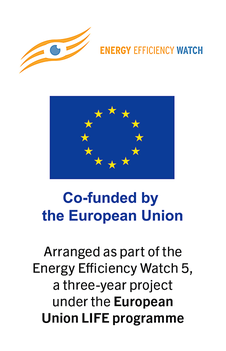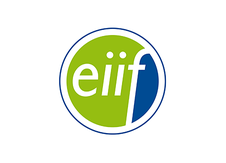Search eceee proceedings
Promising business models in energy efficiency based on services targeting SMEs
Panel: 5. Business models and financing: established practice and innovative approaches
Author:
Sebastian Carneiro, SUSI-Partners AG, Switzerland
Abstract
As energy efficiency projects are usually not core investments for large corporations and will not be prioritised in the internal budgeting process, often energy efficiency projects are simply not realised, even if the economics per se are positive and would add value to the corporation. Therefore targeting large corporations as clients is very challenging as the energy efficiency project has to be structured in a way, that the client’s auditors classify the project off-balance. As this are case-by-case decisions project structures and contracts have to be adapted on a single project basis, which makes the sales process very slow and resource intensive. Not to mention that the sales employees have to become accounting experts. Therefore the approach to target large corporations makes only sense for very large projects.
A more promising business model targets SMEs as clients, as those are usually not sensitive to accounting treatments and are more liquidity focussed. Taking this fact into account, a service model which transforms the needs for a large capital expenditure in the beginning into regular payments based on availability, has the potential to be highly successful. Especially if the realized cost savings in the project are higher than the service costs.
Based on standardized project contracts and a pre-defined client selection process which takes credit worthiness into consideration, specialized financing providers can offer project finance funding, which is usually required to enter into a service business model. This business model is suitable for many technical solutions such as lighting, cooling, pumps or variable speed drives.
Downloads
Download this presentation as pdf: 5-143-16_Carneiro_presentation.pdf














